Bilancia di precisione PS 750.X7.CPC
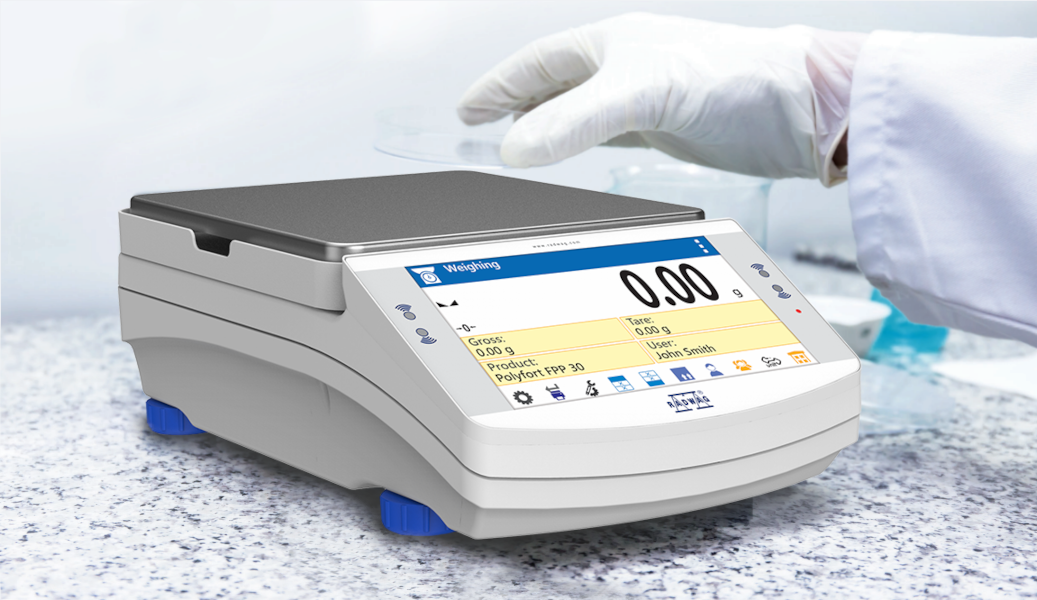

Le bilance di precisione PS X7
Le bilance PS X7 sono dotate di due sensori a infrarossi che consentono il funzionamento senza contatto. I due sensori IR integrati permettono di eseguire numerose operazioni (es. tara, trasmissione del dato a stampanti o selezionare passi operativi successivi in un dato processo) senza utilizzare direttamente comandi manuali, utilizzando il semplice movimento della mano nell’area sovrastante il sensore.

Nuove possibilità
Le bilance di precisione PS X7 sono dotate di diverse interfacce di comunicazione: 2 x RS232, USB-A, USB-B, Ethernet e Wi-Fi®. L'alloggiamento delle bilance è in plastica e il piatto è in acciaio inox.
I database delle bilance serie X7
- Prodotti (5.000 prodotti)
- Utenti (100 utenti)
- Imballaggi (100 imballaggi)
- Clienti (1.000 clienti)
- Ricette (100 ricette)
- Rapporti delle ricette (500 rapporti)
- Condizioni ambientali (10.000 record)
- Pesate (50.000 record)
- Memoria Alibi (512.000 record)
- Rapporti di controllo (1.000 rapporti)
- Tare medie (1.000 rapporti).
Gestione dei dati di pesata

Memoria Alibi
La memoria ALIBI consente di memorizzare fino a 512.000 record di pesata.
Learn about the use and maintenance of stainless steel products:
Stainless Steel in RADWAG products. Standard and special applications
Wi-Fi® is a registered trademark of Wi-Fi Alliance®.






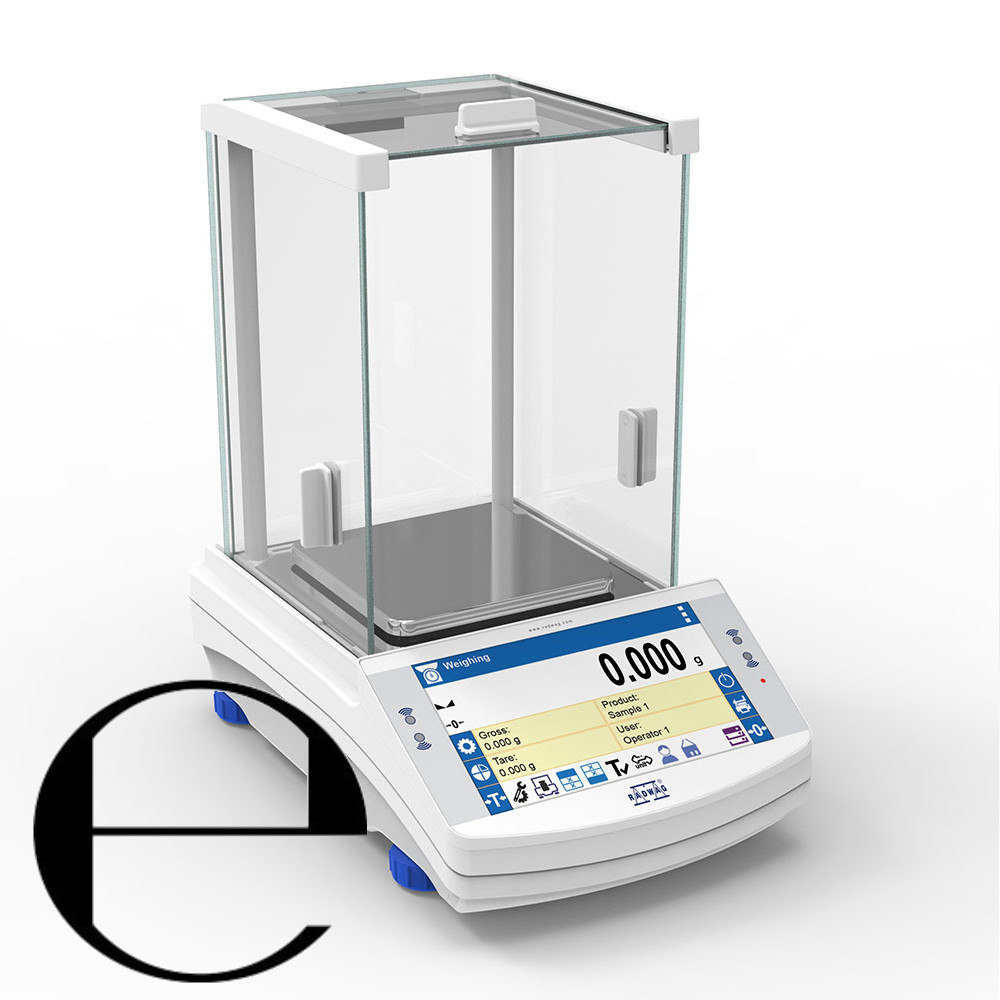
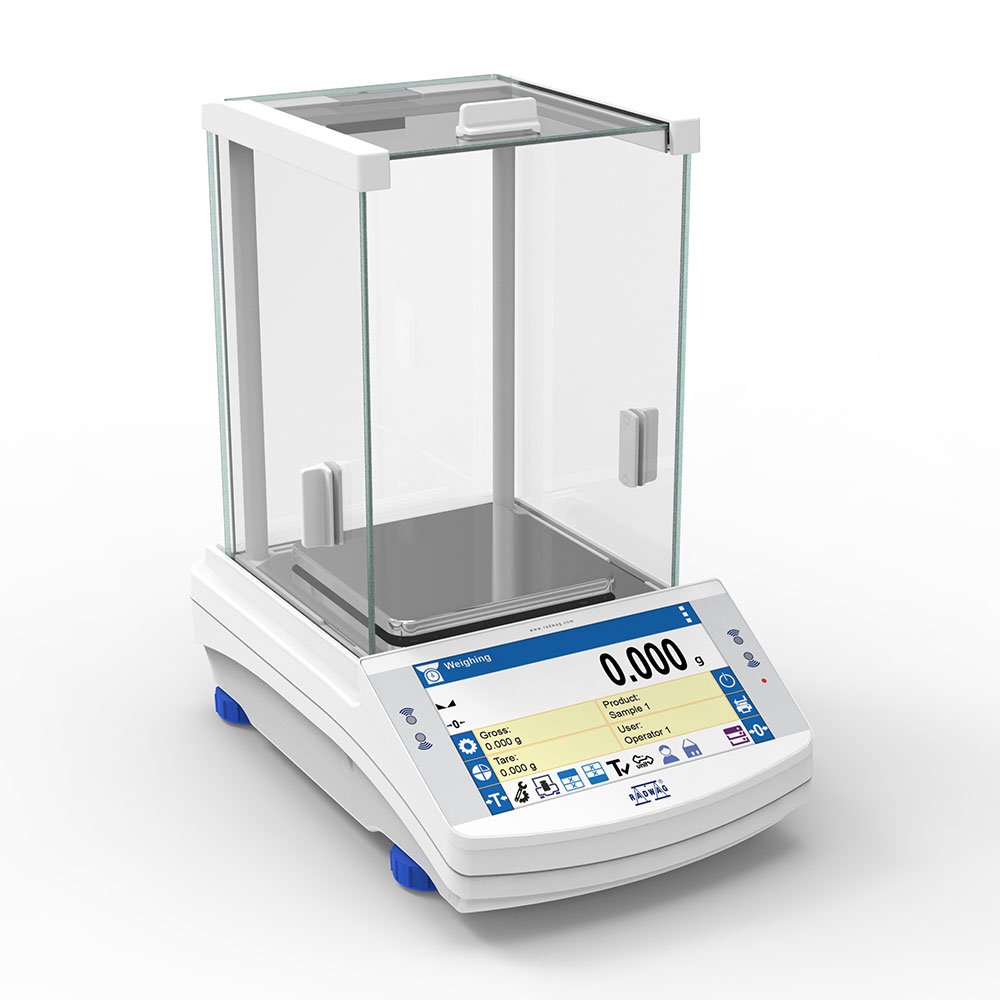
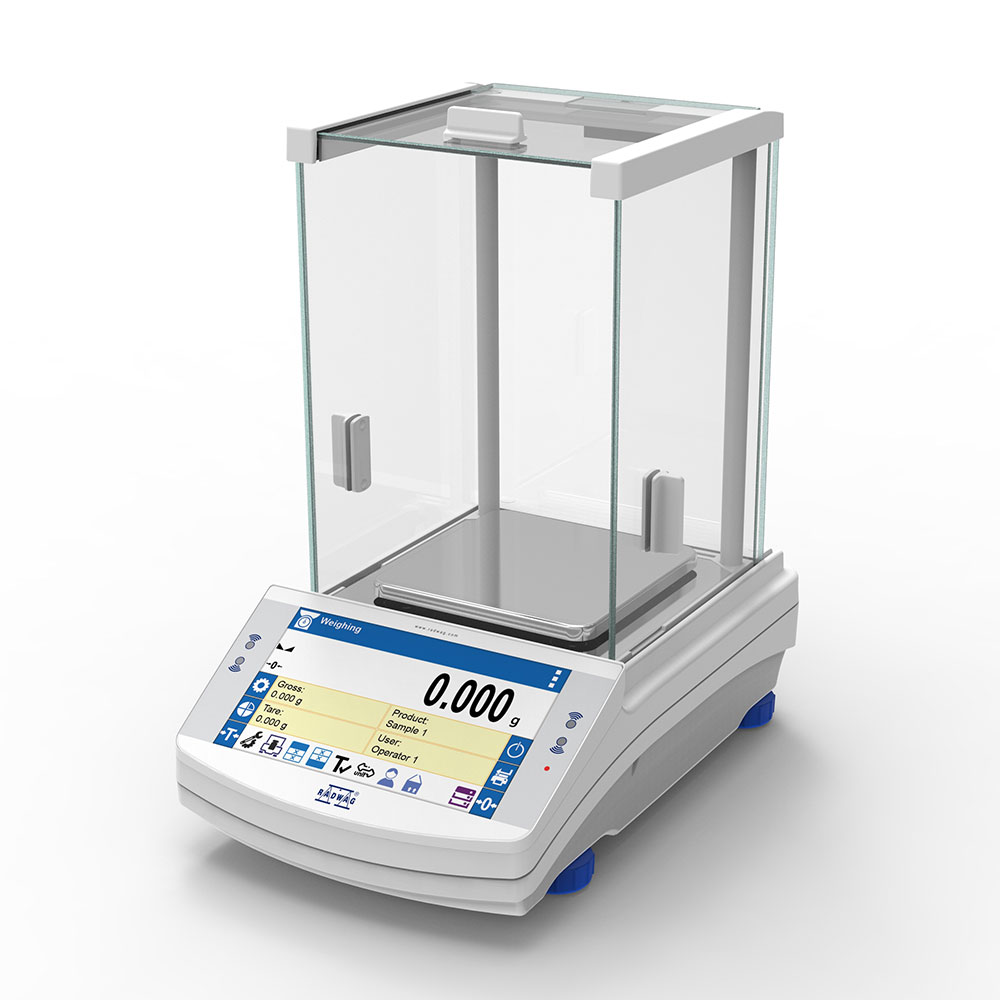
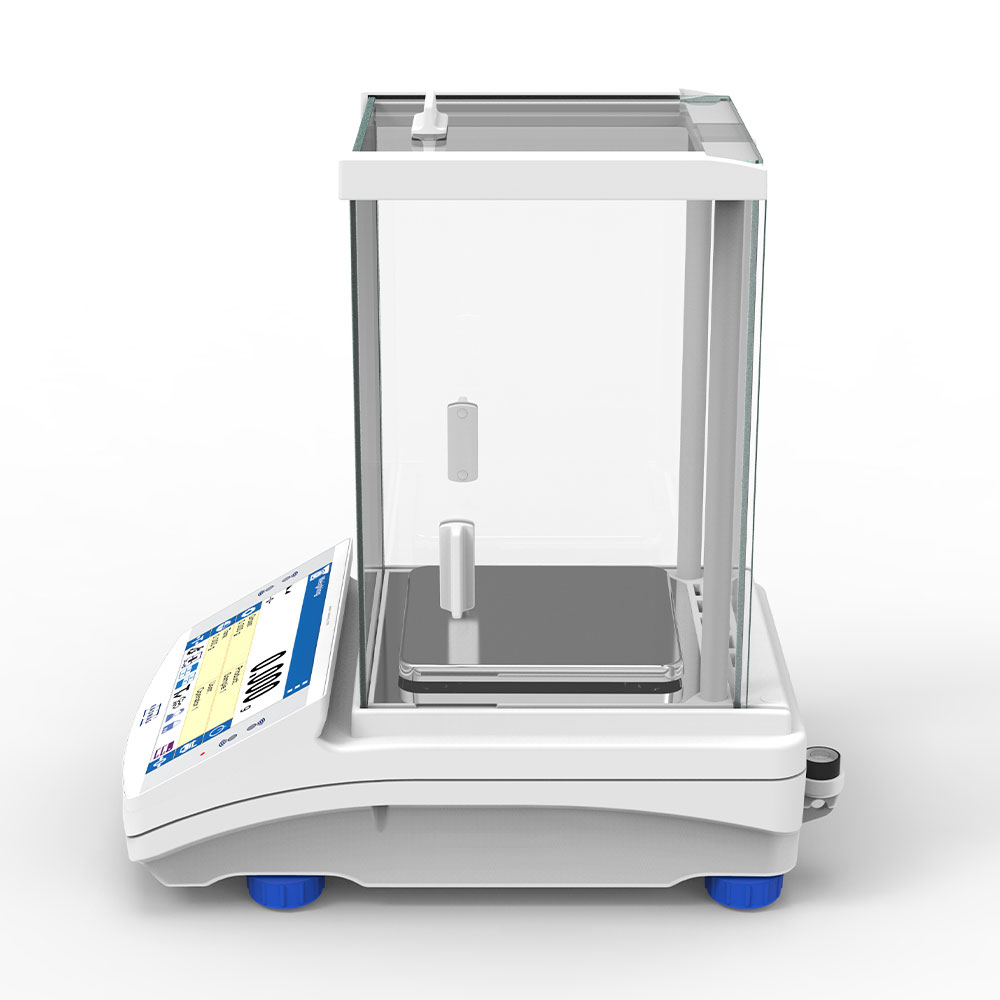
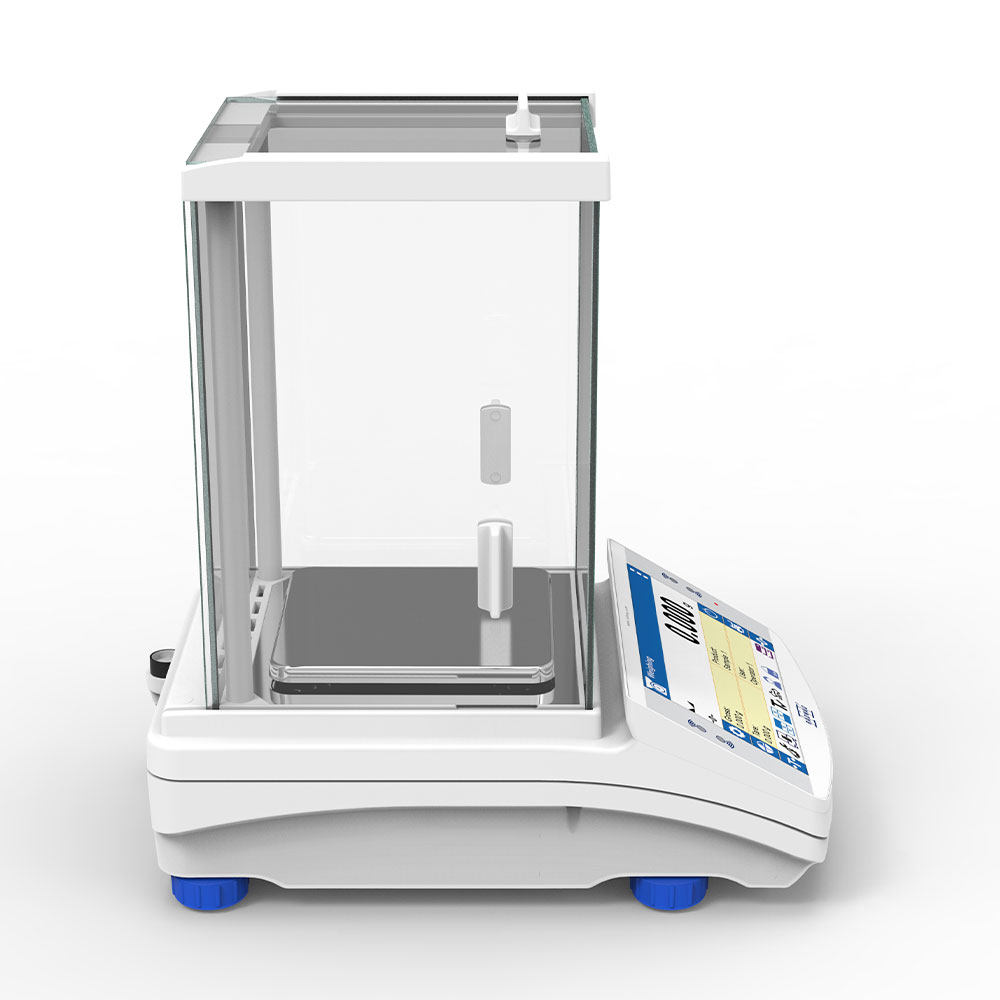
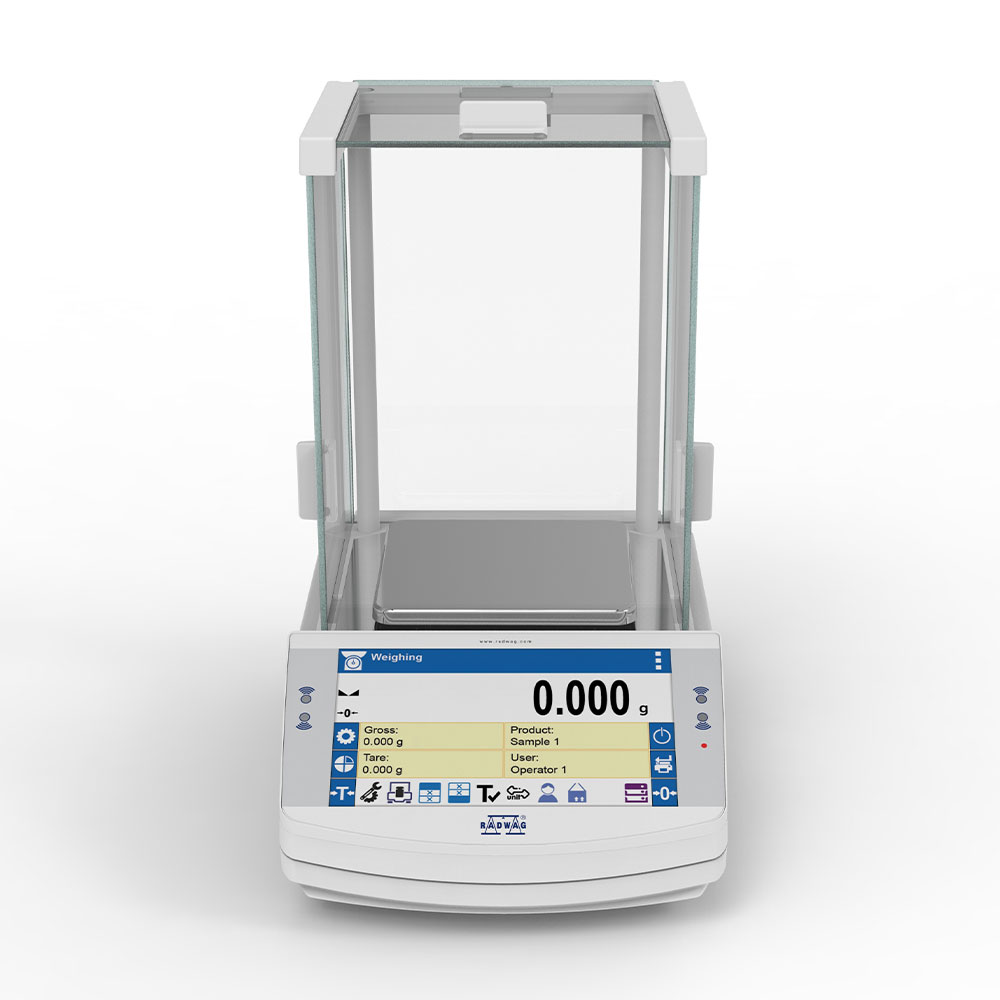
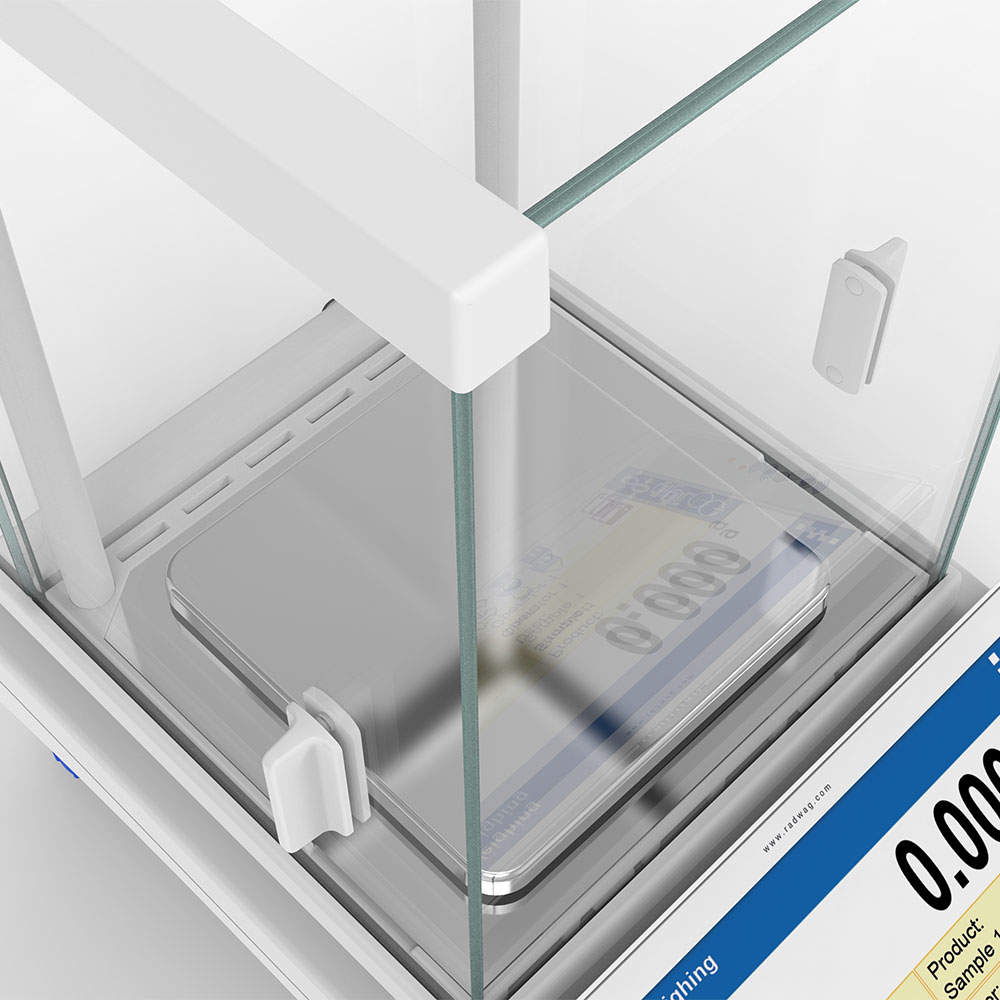

 Additional fee
Additional fee



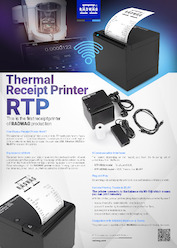
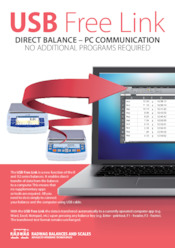
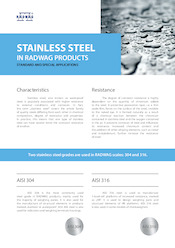
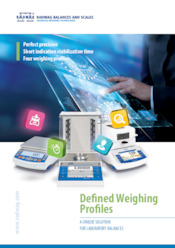
 Albanian
Albanian Danish
Danish Nederlandse
Nederlandse Estonian
Estonian Finnish
Finnish Hungarian
Hungarian Icelandic
Icelandic Kazakh
Kazakh Latvian
Latvian Lithuanian
Lithuanian Macedonian
Macedonian Norwegian
Norwegian Portuguese
Portuguese Romanian
Romanian Russian
Russian Slovak
Slovak Slovenian
Slovenian Swedish
Swedish Ukrainian
Ukrainian Serbian
Serbian Montenegrin
Montenegrin Português (Brasil)
Português (Brasil) Deutsch
Deutsch English
English Español
Español Français
Français Japanese (日本語)
Japanese (日本語) Polski
Polski Türkiye
Türkiye Česky
Česky USA
USA 中文
中文














